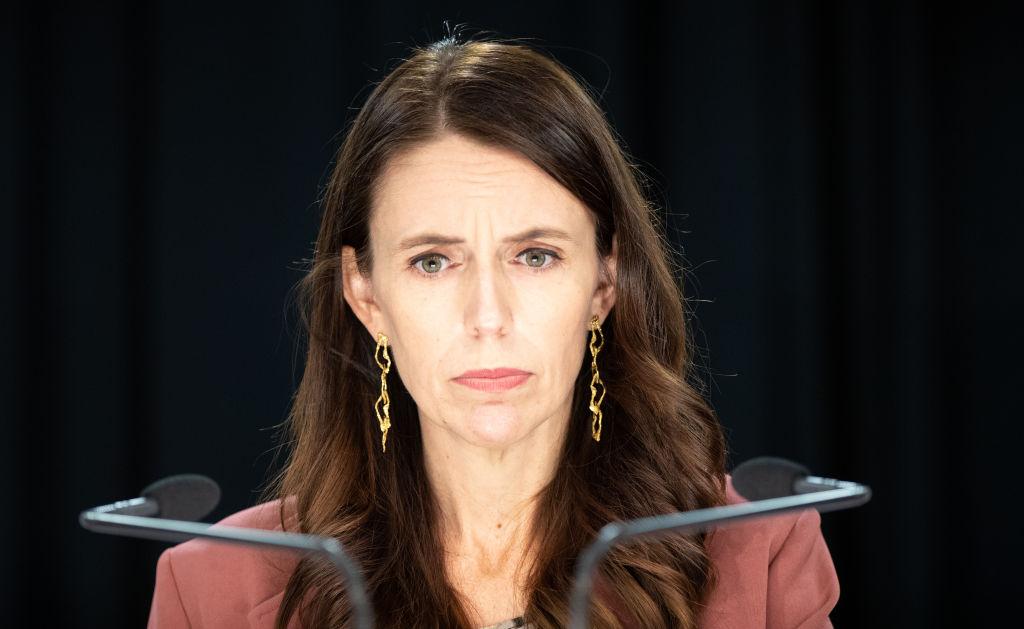Russia’s Ministry of Foreign Affairs announced that it has blacklisted the entire New Zealand (NZ) parliament from entering the country, including Prime Minister Jacinda Ardern, Governor-General Cindy Kiro, and the country’s top spy chiefs.
The step to blacklist all 130 of NZ’s leaders and MPs was to “reciprocate” Wellington’s “unfriendly actions” of joining the United States and other allies in imposing sanctions on Russia over its invasion of Ukraine and alleged war crimes.





